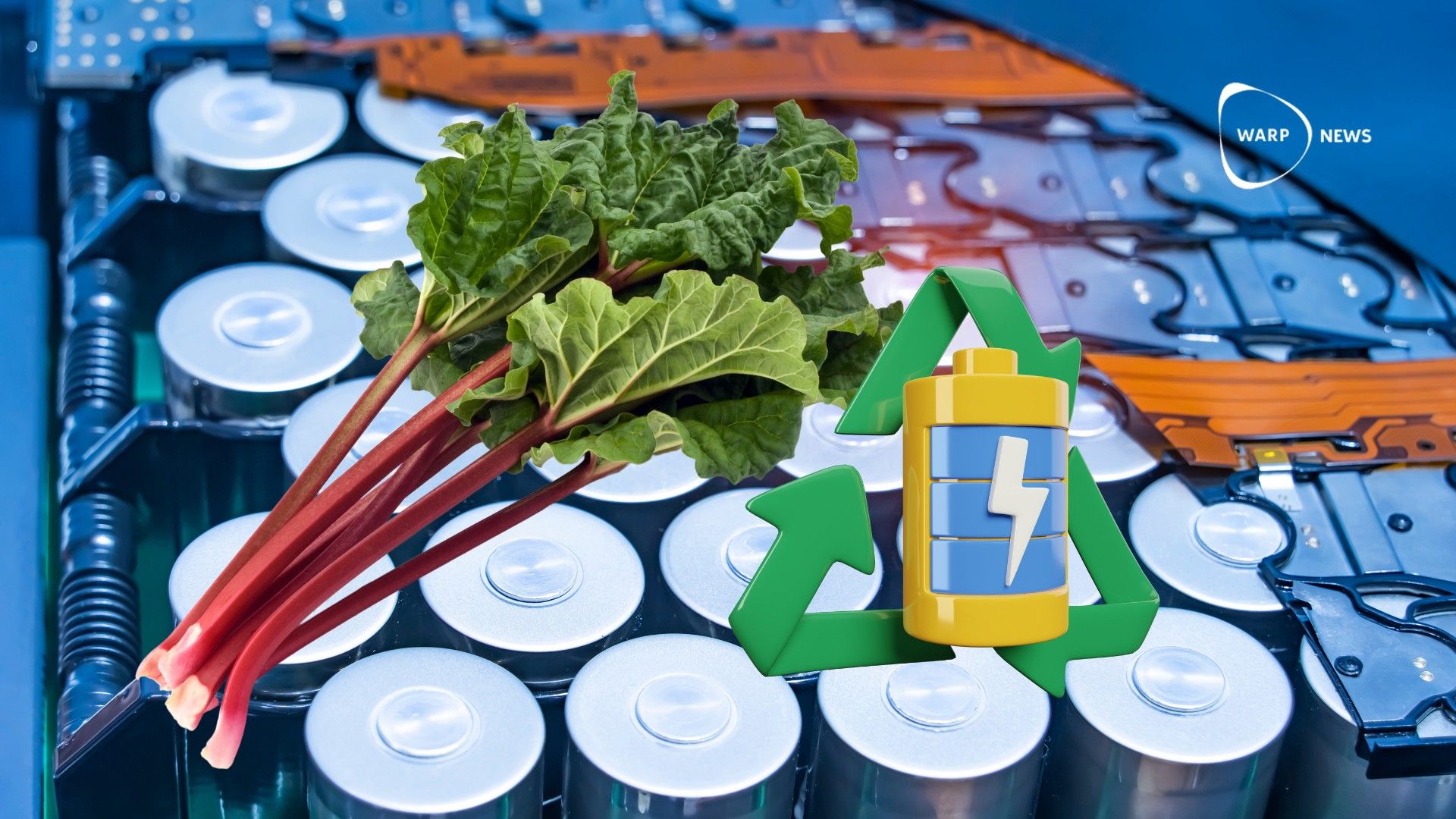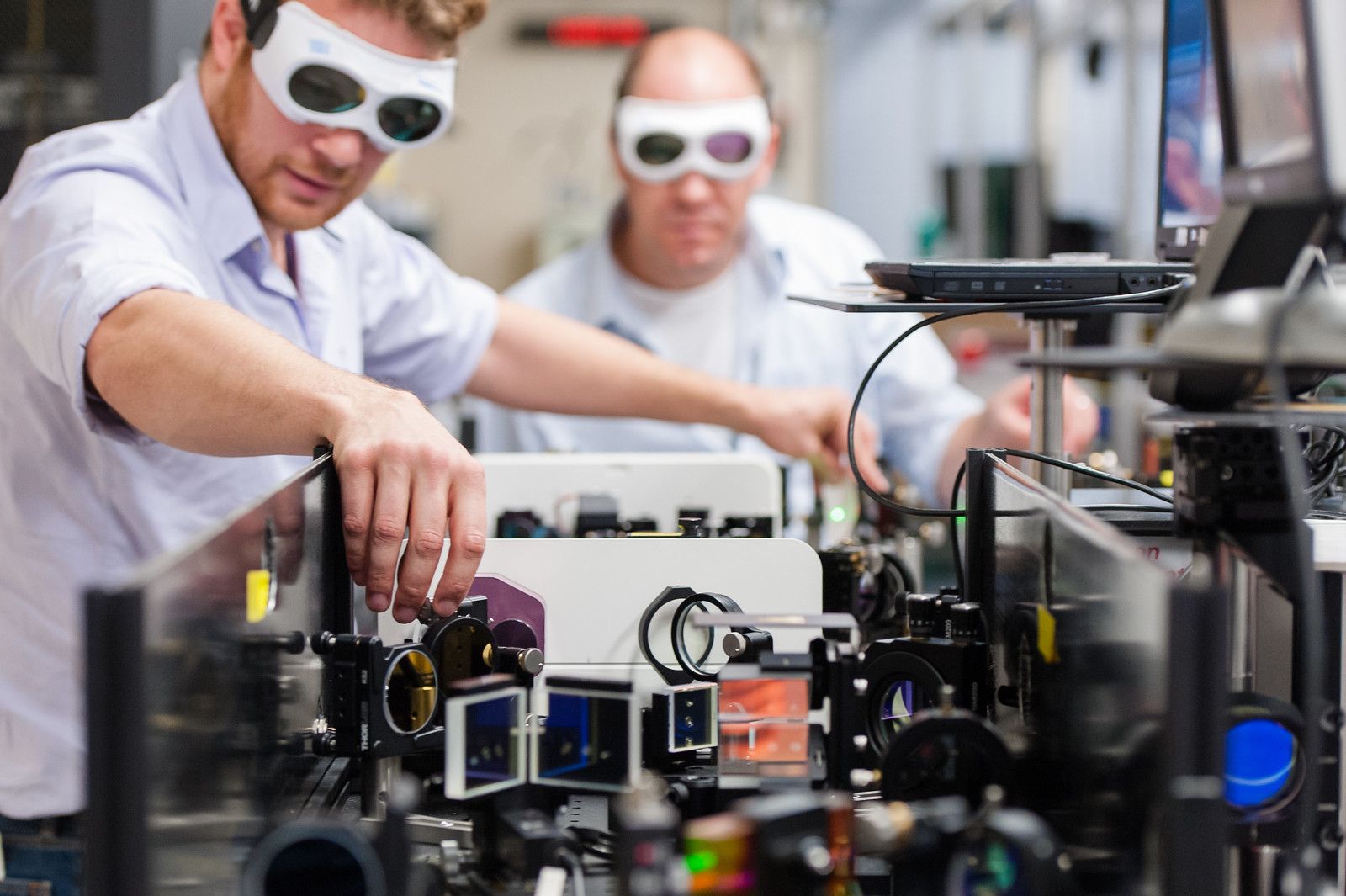💡 Innovation
🌱 We are close to creating the first artificial plant genome
Scientists have created a partially synthetic version of moss for industrial use. This could lead to new methods for producing medicines and other products.
🎉 Warp News and WALL-Y nominated as Innovation of the Year
At the Newspaper Publishers' gala for Newspaper of the Year, Warp News and the AI bot, WALL-Y, are one of three nominees in the category Innovation of the Year.
🏆 The Vesuvius challenge solved! We can read the first scroll
Two thousand years ago, an ancient library of papyrus scrolls was buried under a volcanic eruption. They cannot be unrolled without being destroyed. But thanks to the Vesuvius challenge, several competing teams have managed to read the scrolls anyway. The winning team was awarded $700,000.
🏎️ Hospital cuts waiting lists with Formula 1 pitstop method
While one patient is being operated on, the next one is prepared and is immediately rolled in as soon as the first one is finished.
🏆 Science Breakthrough of the Year: Obesity drugs (+ runners-up)
Obesity, a major health problem affecting about 70% of adults in the U.S. and over half in Europe, is linked to several serious diseases. Recently, a new class of drugs, GLP-1 receptor agonists, originally for diabetes, has shown significant promise in treating obesity with manageable side effects.
🏆 XPRIZE aims to add 10 healthy years of life - $101 million in prize money
The winner will succeed in rejuvenating several vital body functions by at least 10 years, for people aged 65 to 80 years old.
🍇 Vineyards using emissions and residues from winemaking for making new products
The technique can potentially reduce greenhouse gas emissions from wineries by at least 30 percent. Byproducts like grape skins could offer alternatives to antibiotics, addressing a growing resistance problem.
🌱 Rhubarbs key to recycling electric car batteries
Researchers at Chalmers University of Technology have devised a new and efficient way to recycle metals from electric car batteries. The method enables the recycling of 100 percent of aluminum and 98 percent of lithium from used electric car batteries.
🔬 Breakthrough: X-ray vision into the microscopic world
"This type of information that you can get with laser-like X-rays, you just can't get by any other means," says Matthias Kling, a professor of photon science at Stanford University.








